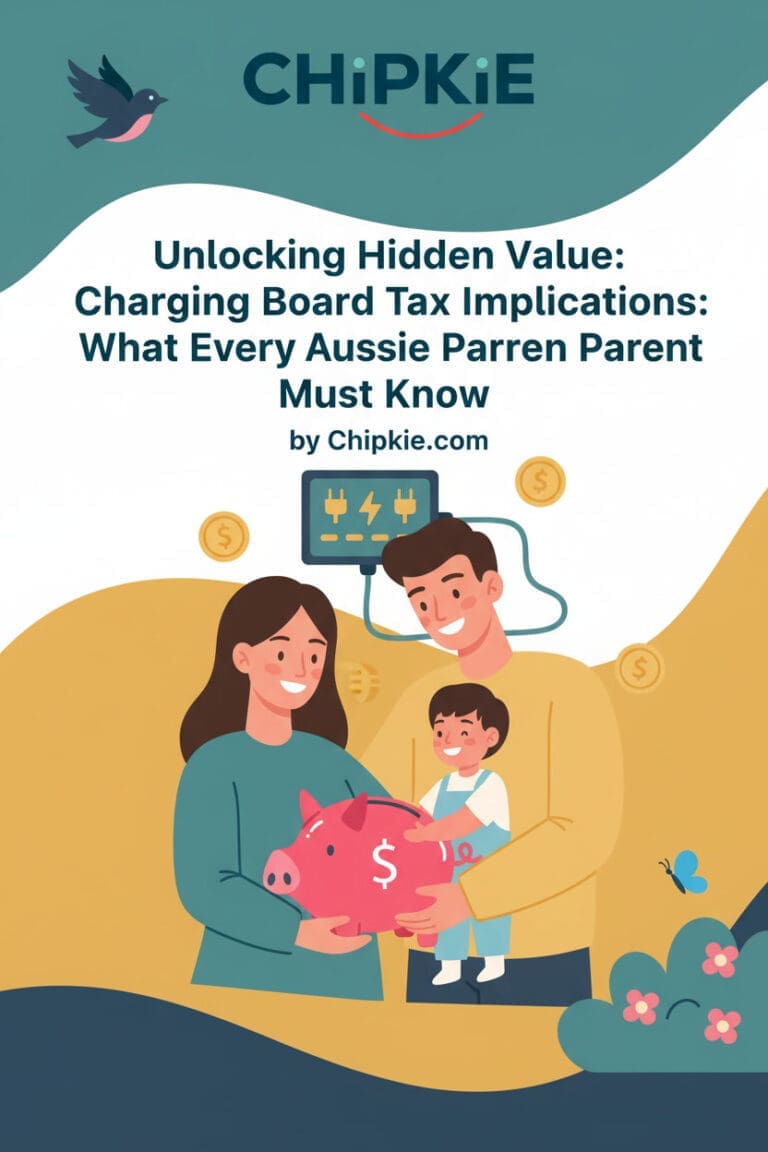Weddings. They are beautiful days filled with love, joy, and promise. However wedding budgeting and the lead up can be filled with stress. Planning a wedding can be a mammoth undertaking, especially when managing the budget. While people dramas can’t always be helped, areas within your control can contribute to a successful and stress-free wedding, such as a foolproof run sheet and smart budgeting. In this guide, we’ll explore the best tips to help you create and stick to a wedding budget that ensures you celebrate your dream wedding without breaking the bank.
1. Establish Clear Priorities
Before planning your wedding, sit down with your soon-to-be husband or wife and discuss your priorities. What aspects of the wedding are most important to you both? Is it the venue, the food, the photographer, or perhaps the guest list? Once you identify your priorities, allocate more of your budget to these areas. Prioritisation will ultimately help you prioritise and compromise more easily on the things that don’t matter much.
2. Set a Realistic Wedding Budget
Determining your overall budget is the cornerstone of successful wedding planning. Start by closely examining your financial situation and deciding how much you can comfortably afford to spend on your wedding. And to be safe, hold a separate contingency fund of about 15-20%. Unfortunately, wedding budgets can blow out thanks to unexpected costs like the need for additional guests, change in venue etc, so budget for a little more than you initially intended. And if you save a bit extra, that’s a bonus that you can spend on some incredible dinners on the honeymoon.
Remember to account for potential contributions from family members or any savings set aside for this special occasion. And if your family are offering a loan that needs to be paid back, using a tool like Chipkie to help plan and manage repayments will help you manage your budgets post-wedding too.
As your wedding planning progresses, you may need to adjust your budget. Keep communication open with your partner, and be willing to reevaluate your priorities if necessary.
3. Create a Detailed Spreadsheet
Lists and spreadsheets make life easier. And a well-organised spreadsheet is your best friend when it comes to wedding budgeting. List all potential expenses, from the venue and catering to attire and decorations and even your wedding party gifts. Include estimates for each item and track your actual spending as you go along. There are various wedding budget templates available online to help you get started. We recommend heading to Etsy, which offers an array of fun templates that can be downloaded and ready to use at the touch of a button.
4. Prioritise Essential Expenses
Certain wedding expenses are non-negotiable, such as the marriage license, officiant fees, insurance, and of course, the dress! Ensure these essential costs are allocated in your budget to prevent any last-minute surprises.
5. Research, Compare and Negotiate Vendors
Don’t settle for the first vendor you come across. You might have the dream venue, or the ideal florist you have always wanted, but the combination of all your dream moments might come at a high cost. Shop around, get quotes from at least three suppliers per service (photography, florists, catering, etc.) and negotiate for a better deal. This way, you can get the best value for your money without compromising quality. It might be hard work, but you’ll be thankful when you get to book that dream honeymoon rather than compromising.
When you’ve chosen your vendors, don’t hesitate to negotiate further on prices and terms. Review contracts carefully to ensure there are no hidden fees or unexpected costs. Clarify cancellation policies, payment schedules, and any other essential details.
6. Embrace DIY Where Possible
Get creative and consider do-it-yourself (DIY) options for wedding elements like decorations, favours, and even invitations. There are some elements that you can do yourself to save money that also adds a personal touch and charm to your special day.
7. Manage Your Guest List Prudently
Your guest list plays a significant role in your budget. The more guests you invite, the higher the costs for catering, seating, and invitations. Once you have a venue selected, you can allocate a budget per person, which, with food and alcohol, can creep up to $150-200 per person at least. If you are on a budget, be selective about who you invite, and consider opting for a smaller, more intimate gathering if it aligns with your priorities.
8. Remember Timing Is Everything
Your choices around the wedding date and time can significantly impact your budget. Off-peak seasons and weekdays typically offer more affordable options for venues and vendors. Additionally, consider a brunch or afternoon wedding to save on catering costs compared to an evening affair.
9. Opt for All-Inclusive Packages
Some venues and vendors offer all-inclusive packages that simplify your planning and save you money. These packages often bundle multiple services at a discounted rate, reducing the need to coordinate various vendors independently.
10. Be Mindful of Hidden Costs
Watch out for hidden costs like service charges, gratuities, and taxes. These can add up quickly and catch you off guard if not factored into your budget from the beginning.
11. Stay Focused on What Matters
Throughout the wedding planning process, remind yourself of what truly matters – celebrating your love with your partner and your loved ones. Getting caught up in the details is easy, but maintaining perspective will help you stay within your budget and enjoy the journey. There are details you will remember about the wedding and some you won’t. Will you remember the exact flowers you had on the table decorations? Maybe not. Will you remember how you felt dancing with the ones you love to a great wedding band? Absolutely.
Wedding Budgeting Done Right
Planning a wedding can be exciting and also a stressful and challenging experience. But with the right wedding budgeting strategies, you can sleep easy. You have done everything you can to have your fantastic wedding, and helped your finances simultaneously. Communicate openly with your partner, prioritise your spending, and stay organised with a detailed budget spreadsheet. Following these tips and staying true to your priorities can create an awesome wedding day without breaking the bank.

If you have borrowed from a friend or family member to pay for some or all of your wedding, check out Chipkie as a great way to manage repayments and formalise and track the loan. Budgeting is tricky, and budgeting loan repayments can be harder. Chipkie makes it easy to plan for repayments and ease the stress so you can focus on strengthening your beautiful relationships.





